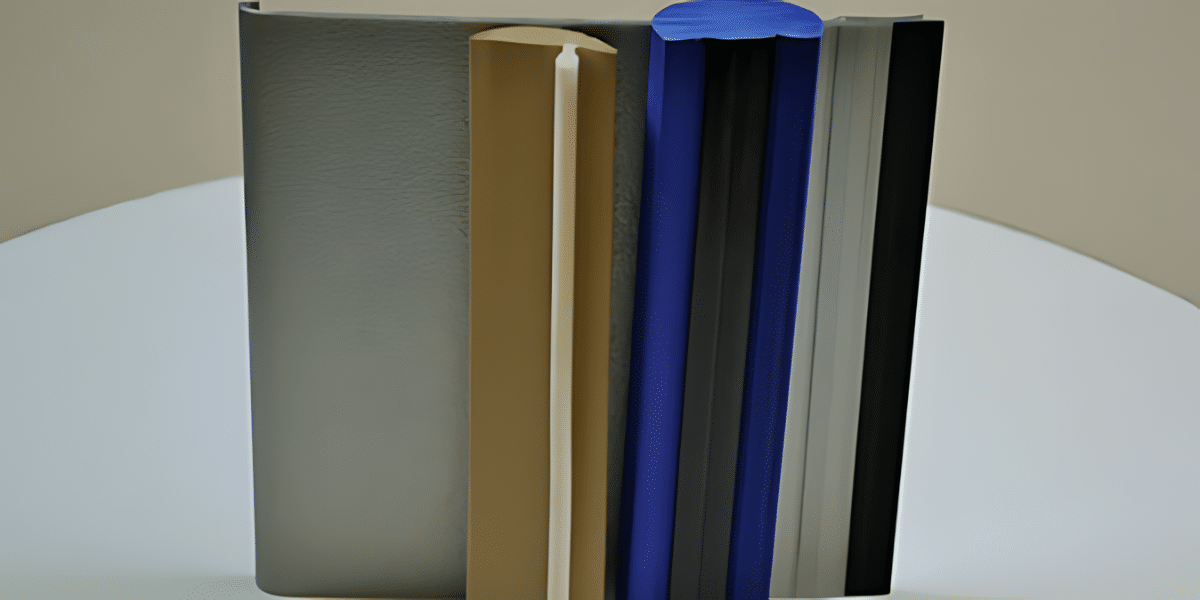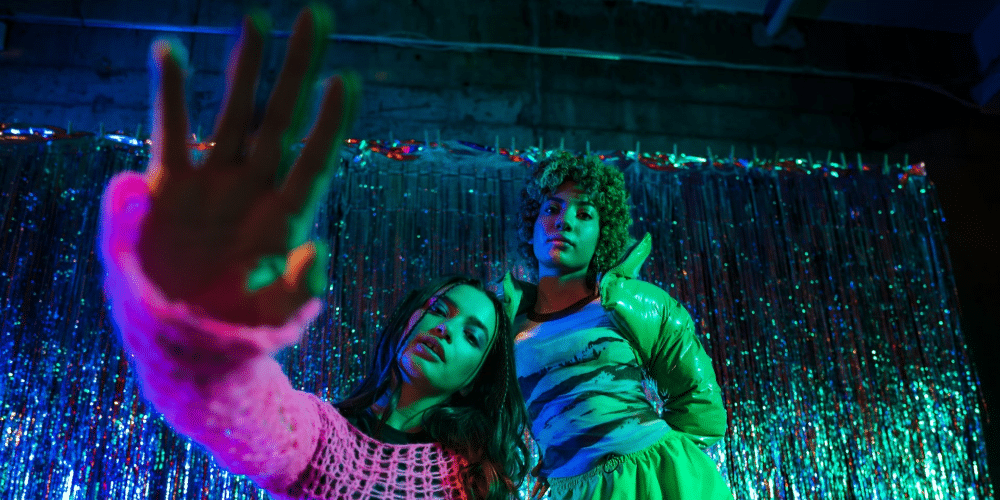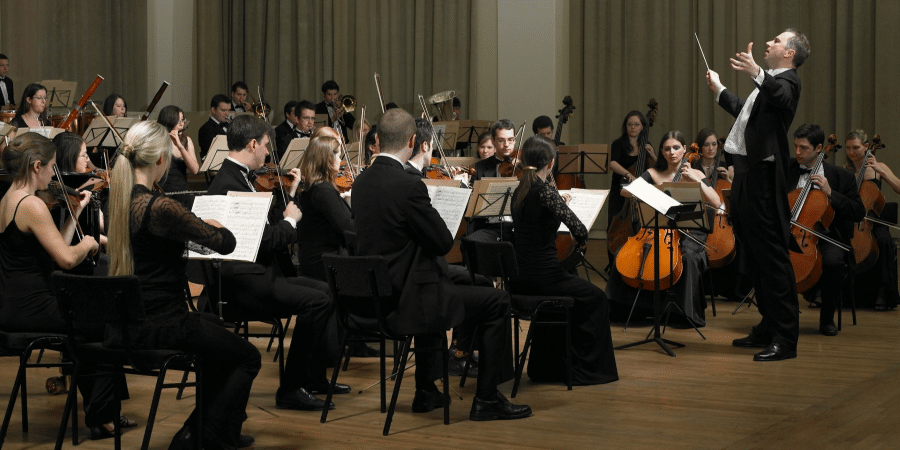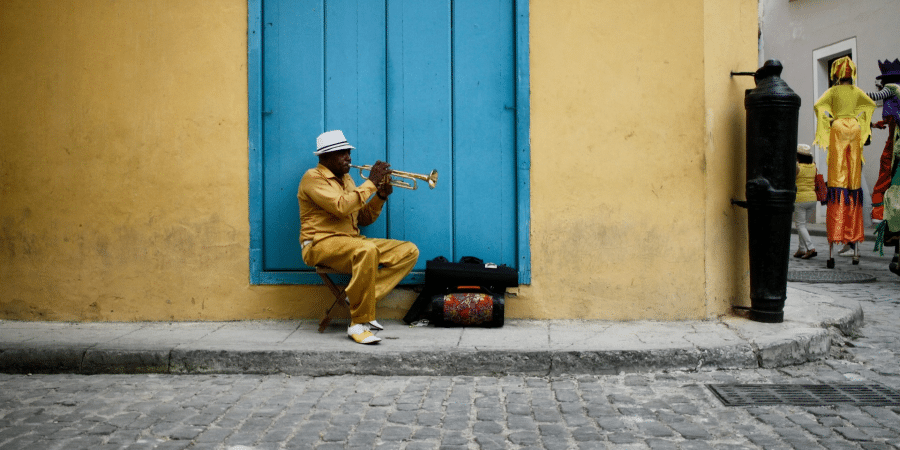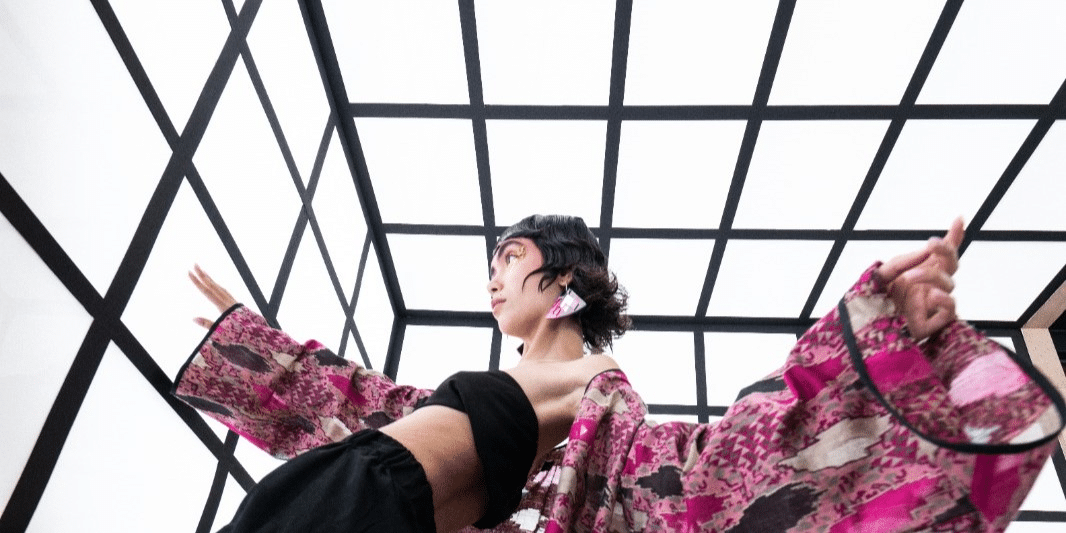Today, we’re introducing musician Liang Ce and the neo-pop rock band he leads, Happy Wheel. Their songs feature rich layers of melodies, vibrant rhythms, and overall, a West-Meets-East theme that forms their distinctive image. In our conversation with Mr. Liang, we explored the origin of the band and his musical pursuits.
According to Liang Ce, the name Happy Wheel is derived from an old Flash game where players control a bicycle navigating through a road filled with bizarre obstacles, often resulting in injury or death. This sense of uncertainty and slightly whimsical quality portrayed in the game, is precisely what the Happy Wheel band aims to achieve in their music.
A graduate of Wuhan Conservatory of Music and Beijing Contemporary Music Academy, Liang Ce is a classically trained musician proficient in various Eastern and Western instruments, music composition, and arrangement. He is known for his talent in integrating Chinese, especially Wuhan’s local cultural elements, into modern rock and pop music. Serving as the band’s bassist, leader, and music director, Liang Ce has guided Happy Wheel through several transformations since 2015, gradually evolving into its current state.
Happy Wheel band’ musical signature involves synthesizers and effects blending with traditional Chinese instruments and dialects, offering a unique and avant-garde vibe. As an electronic psychedelic rock band, Happy Wheel, under Liang Ce’s leadership, incorporates effects into the traditional band setup, with Liang Ce handling both bass and effects.
Speaking of the inspiration behind his creations, Liang Ce pointed to the profound impact Wuhan’s city life has on his music. Since the band’s formation, the rich urban atmosphere and unique cultural foundation of Wuhan have consistently been his creative themes. Eight years ago, Liang Ce, Wang Jinyu, and Yin Kuoshuai, all studying at Wuhan Conservatory of Music at the time, naturally came together in a dormitory to form a band. They later met vocalist Yu Runze, and as individuals who all spent a significant amount of their lives in Wuhan, they began creating independent music that could represent that city.
Liang Ce explained, “Wuhan is a city with a strong personality, full of contradictions and conflicts. It is one of China’s few mega-cities, yet it is most famous for its chaotic streets and the bold character of Wuhan locals. In the alleys and streets of Wuhan, you can hear the loud voices of the locals every day, witness various noisy scenes of arguments, fights, and reconciliations, like living scenes from a “Jianghu” (Chinese traditional martial arts world) novel. Perhaps because Wuhan has been a famous port city since over 300 years ago, its dockworker culture endowed it with this heroic and “violent” gene. In any case, Wuhan’s conflicting and fiery temperament has captivated me. Especially the lower-class people living in Wuhan, facing harsh living conditions, yet remaining vigorous, optimistic, and resilient every day, their vitality in the face of adversity is a main source of inspiration for my music, and I feel like it’s my mission to use music to document this unique “Jianghu” flavor of Wuhan.”
In 2020, Happy Wheel released the album “Hoax” to capture the “Jianghu” spirit of Wuhan and the less acknowledged urban stories of this city. The entire album emphasizes a sense of contradiction and conflict — Not only every story behind each song in the album has a real-life foundation and carries symbolic elements at the same time, in the music composition and arrangement itself, Liang Ce builds up this sense of conflict by using synthesizers, rock, and pop melodies, along with local dialect recitations and ancient Wuhan folklores and intensifying this strong sense of duality. His state-of-the-art montage-like arrangement between seemingly Irreconcilable musical elements, creates an idiosyncratic “fusion” flavor for his music, and makes it even more irresistible.
For example, the song “Prince” in the album tells the story of a wanderer in Tongxingli, an impoverished area in Wuhan, who, despite living a difficult life, bravely intervenes in situations he disapproves of, imagining himself as a hero in his “Jianghu”, an imaginary martial arts world. Sung in a local dialect, the lead singer’s somewhat clumsy accent adds an additional layer of absurdity of this imagined “martial arts world” and laments the loss of social justice in current-day Wuhan. Musically, “Prince” uses light electronic/psychedelic/new wave elements to interpret the unbearable heaviness of Wuhan’s urban life, and places avant-garde electronic elements in conjunction with traditional Chinese music instruments and martial arts stories and folklores, creating a fascinating mix of “old and new”, “west and east”, “light and heavy”. And this carefully-crafted duality has been core to the music style of Happy Wheel.
On the other hand, the 2017 album “2078” utilizes many historical audio samples. For instance, in the eponymous song “2078,” there is a sampling of Deng Xiaoping’s speech from nearly 40 years ago during the reform and opening-up conference. Happy Wheel uses such methods to record China’s history and present, allowing listeners to feel the characteristics of each era and the conflicts and collisions that occurred between the past and present, the ideal world and the reality. Again, Liang Ce utilizes a light western electronic and pop rock music style, to modernize the Chinese cultural elements he embeds in the song, and creates a unique duality in his music.
As a musician, Liang Ce consistently seeks to use music to document the era and the Zeitgeist (the spirit of a certain time). In a personalized manner, he blends the “ancient” with the “modern,” the “Chinese” with the “Western”. On the surface, his music incorporates Western rock, electronic, pop, and psychedelic elements; internally, it is filled with Chinese cultural elements and Wuhan’s local characteristics. Whether it’s dialects, traditional instruments, traditional Wuhan folk songs, or contemporary Wuhan city stories, they are all interwoven into his music, achieving a marvelous harmony. As Liang Ce puts it, “I like to Juxtapose two opposite musical elements, which naturally highlights both of them”. This dynamic fusion achieved through opposition and collision marks the identity of Liang’s and Happy Wheel’s music.


